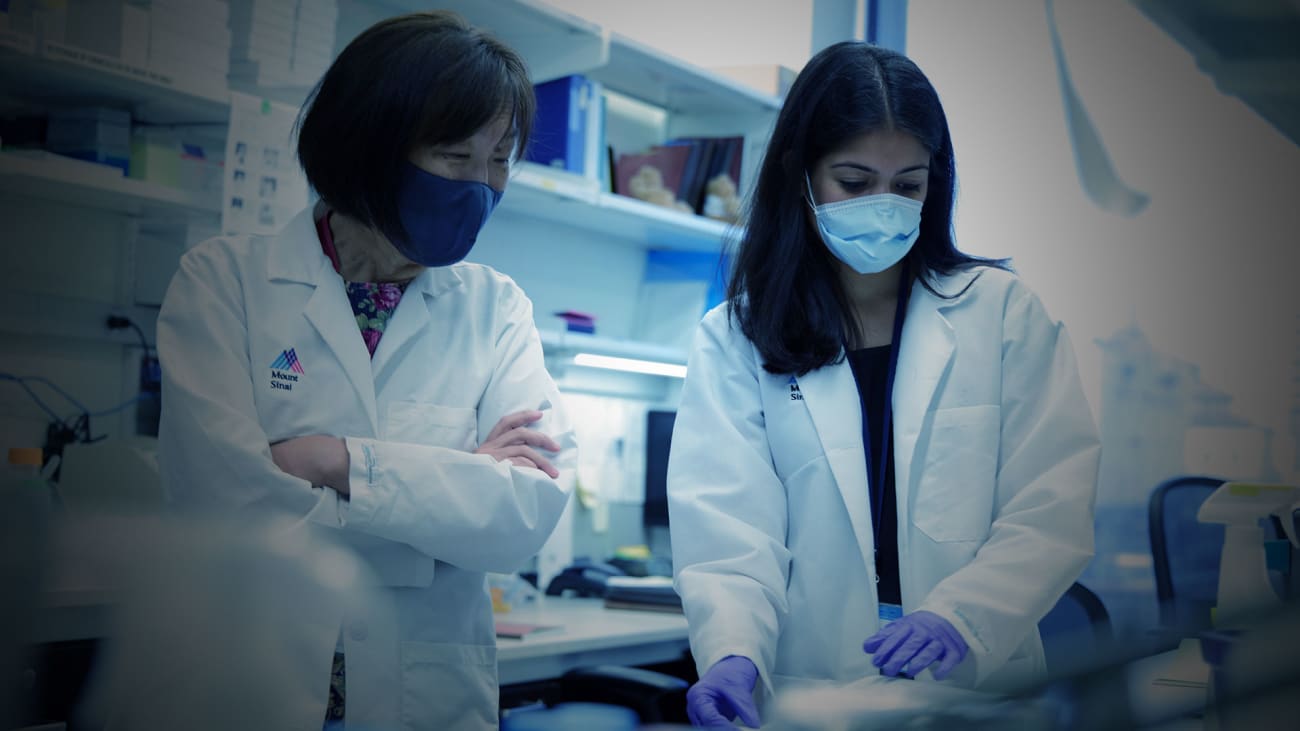
Two new Mount Sinai studies have defined novel approaches for treating Crohn’s disease and ulcerative colitis (UC) by:
- Identifying population-specific effects of common and rare IBD variants on disease prediction and pathophysiology
- Identifying a potentially valuable target for IBD through mechanisms of mast cell activation.
Mount Sinai researchers have identified attractive new therapeutic targets for inflammatory bowel disease (IBD) through an enhanced understanding of genetic risk variants that are disproportionately represented in certain ethnic populations. In two new studies led by Judy H. Cho, MD, Dean of Translational Genetics at the Icahn School of Medicine at Mount Sinai, investigators defined novel approaches for treating Crohn’s disease and ulcerative colitis (UC) that could help set new parameters for future research.

